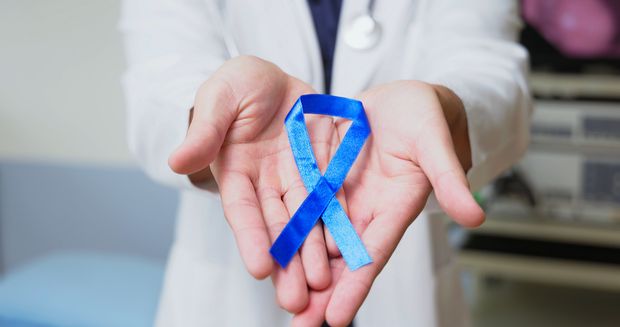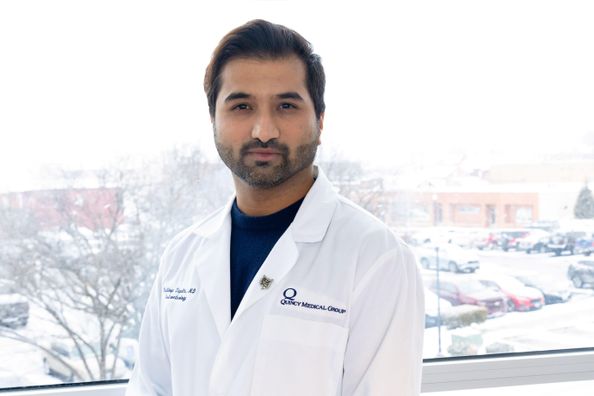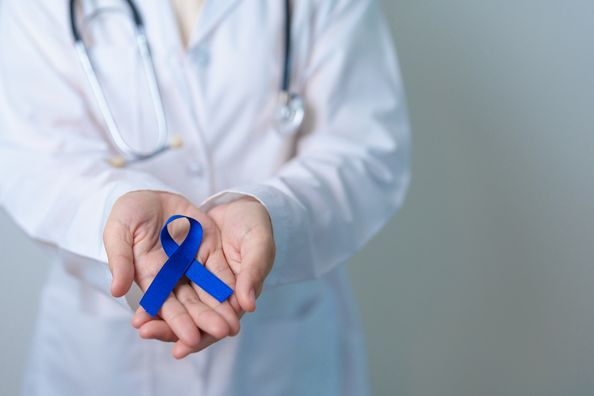
Unexpected Battle: Facing Colorectal Cancer at a Young Age
Abigail L. faced an unexpected health crisis after moving from Arkansas to attend college in Quincy. What seemed like typical adjustment symptoms — fatigue, weight loss, and feeling cold — turned out to be warning signs of something much more serious. After falling asleep unexpectedly at work, Abigail sought help at QMG Now Urgent Care, leading to a colonoscopy at the QMG Surgery Center. There, she received a life-altering diagnosis: colorectal cancer. Though rare for someone so young, her case reflects a rising trend of younger adults diagnosed with the disease.




